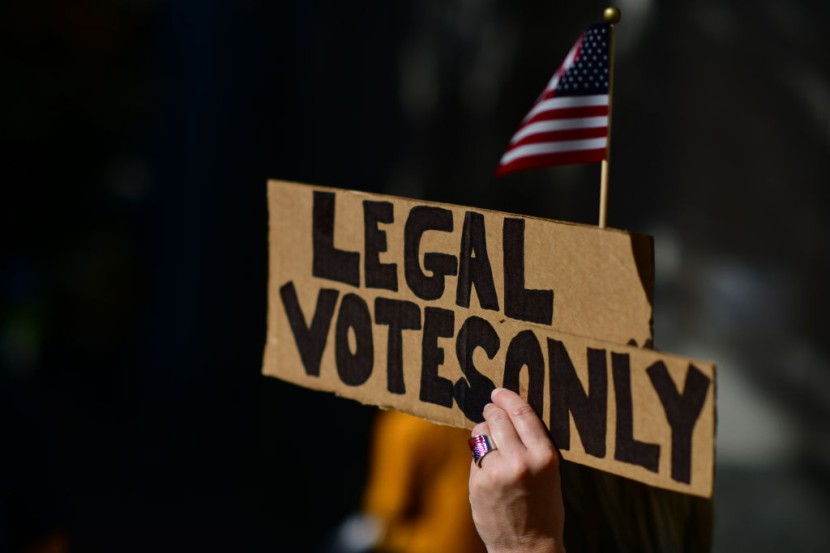
Two women face election fraud charges in separate cases, said a Pennsylvania district attorney, after each attempted to cast votes on behalf of their deceased mothers during the November 2020 election. According to Bucks County authorities, the two women allegedly filled out mail-in ballots with the names of their dead mothers.
The Pennsylvania women put their mothers' names on the mail-in ballots
The incidents are isolated, said District Attorney Matthew Weintraub, who added there is no proof of systemic or organized election fraud in Bucks County. "The system caught the scam first in both of these cases, as it was intended to do," Weintraub said in a statement last week.
Danielle Elaine Dooner, 56, of Buckingham, and Melissa Ann Fisher, 51, of Quakertown, will be charged for the mail-in ballots breaches. Officials say they are each charged with violating laws related to absentee and mail-in voting, a third-degree offense.
According to Weintraub, Dooner submitted an application in late September or early October 2020 for her mother, who died on September 29, 2020. Fisher signed the ballot statement pretending to be her mother last year, and her mother died on September 21, 2020.
The district attorney's office stated that it is unaware of any of the woman's party registrations or candidates they voted for. Weintraub added that none of the supposedly forged ballots were opened or counted. Fisher was listed as a Democrat, while Dooner was registered as a Republican. Fisher told the Philadelphia Inquirer, "It wasn't something intentional."
Weintraub's statement further read that "In each of these cases, the detectives obtained DNA samples from ballots and voters for analysis. Handwriting samples from voters also took, prepared and served search warrants for IP addresses for electronic mail-in-ballot application submissions. Video surveillance was reviewed of county government facilities, contacted and spoke with postal carriers. And contacted and spoke with FBI agents assigned to the case."
In another case, since admitting to casting an improper vote during the election, a Delaware County man was sentenced to five years probation last week. During a hearing on April 30, Bruce Bartman, 70, apologized to Common Pleas Court Judge Richard Cappelli, admitting he made a mistake when he cast an illegal mail-in vote for his deceased mother.
Several states are debating reforming absentee and mail-in voting laws after the November 3, 2020 election, The Epoch Times reported. The Florida Legislature approved a bill this week that adds additional regulations to ballot drop boxes and increases the qualifications for residents who seek a mail-in ballot.
Read Also : Derek Chauvin Lawyer Wants New Trial, Says Cop Not Given Fair Trial in George Floyd Death
Restore trust through election transparency
According to The Hill via MSN, making the electoral process more open is one way to improve the well-run 2020 presidential election. Almost all local election authorities currently use paper-based voting systems, and a growing majority of them perform post-election audits to ensure that the votes are correct as tabulated.
To expand on these efforts and resolve the widespread loss of trust in our elections, Congress should pledge to finance what election officials want--stable live video streams of their vote tabulation centers, where mail-in ballots are often collected, checked and counted. Despite ample evidence that mail-in voting fraud is not commonplace, a significant number of electors are worried that their votes will not be correctly counted if mailed in.
And many of these voters are particularly concerned about mail-in ballot handling. Installing cameras in the rooms where ballots are sorted, checked, and counted will encourage more voters to observe the storage and sorting of these ballots at any time of day or night, reducing their manipulation concerns and increasing their confidence in the electoral process.
© 2025 HNGN, All rights reserved. Do not reproduce without permission.








